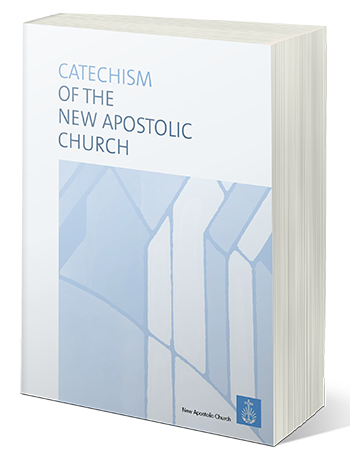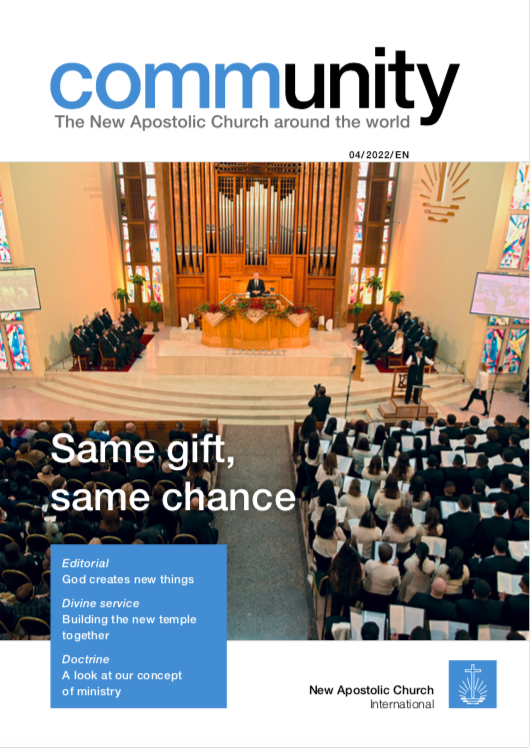Thoughts on the Bible text
…so the children of Israel also wept again and said: “Who will give us meat to eat? We remember the fish which we ate freely in Egypt, the cucumbers, the melons, the leeks, the onions, and the garlic; but now our whole being is dried up; there is nothing at all except this manna before our eyes!”
Numbers 11: 4–6
Introduction
The people of Israel were travelling through the desert on their way to the Promised Land. The Israelites had lived as slaves in Egypt for 400 years (Genesis 15: 13). God, however, kept Hispromises and led the people to freedom under the leadership of Moses. Unfortunately, though, not all the Israelites sufficiently appreciated the miracle God had just performed.
A lack of trust in the promises of God
Over several generations, the Israelites had grown accustomed to slavery. The image of a new life of promised freedom was difficult for them to imagine and so they experienced the journey to the Promised Land as arduous and disappointing.
The biblical text speaks of a wide variety of foods that were available to the people of Israel in Egypt, and because they lacked so much during their journey, the Israelites began to compare this food with the manna that came from God, which they found both bland and boring. The manna, however, was intended as a lasting and gracious gift from God to sustain life during the time of the desert migration. The contradiction of glorifying old eating and living habits while in slavery to living a future life of freedom was obviously not clear to the people at that time.
God’s promise today
God has sent us Jesus Christ, who is our food for eternal life today (John 6: 26–27). After His sacrificial death, Jesus returned to the Father, promised to prepare a place for His own, and to return for them again (John 14: 2–3). This promise is the central element of our faith. When we think about this, it becomes clear to us that we should likewise prepare ourselves for this future. But are we not also confronted with dangers similar to those faced by the Israelites in their time?
Certainties
It is the same in our time that God’s promise can seem like an unrealistic fantasy and especially so when the logic and plausibility of our hope for the future is questioned by those around us. It is difficult to grasp the future we have been promised with our intellect but our trust in God is what gives us certainty.
God sends us His Spirit
In the gospel of John, Jesus promises to send the Holy Spirit: “the Spirit of truth, whom the world cannot receive, because it neither sees Him nor knows Him; but you know Him, for He dwells with you and will be in you” (John 14: 16–17).
Today, God the Holy Spirit gives those of us who are baptised and sealed with the gift of the Holy Spirit the opportunity to believe in and increase in our knowledge of God’s plan. Lamenting over the good things of the past should not cloud our view of what is good in both the present and the future.
When we think about the goal of our faith, we often lack the vision of how it will be, but it should never become a mere Utopia (literal Greek translation: no place) to us.
WG DSG 10/2020

